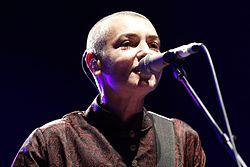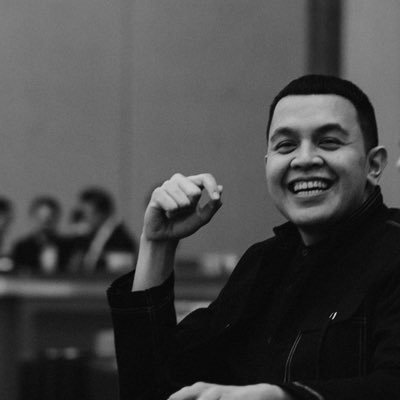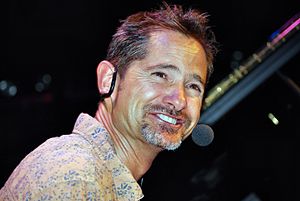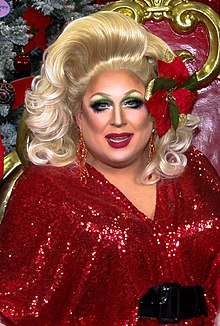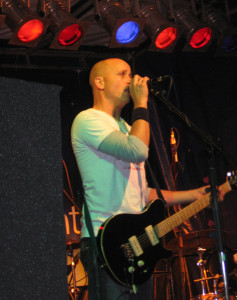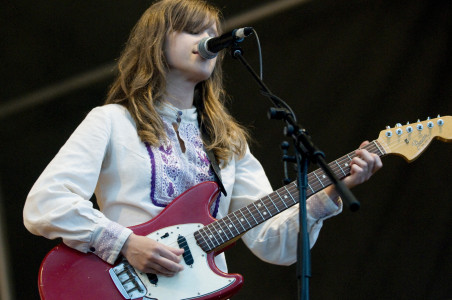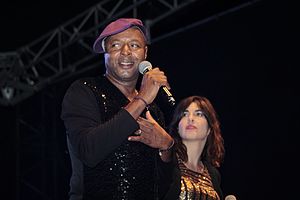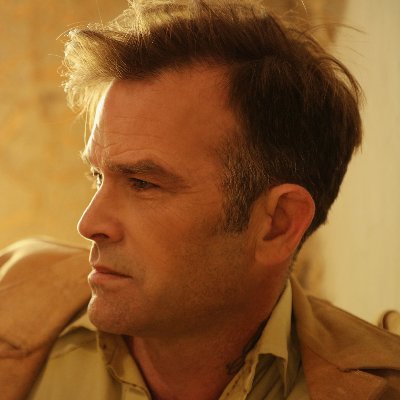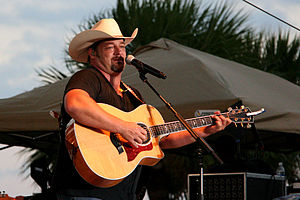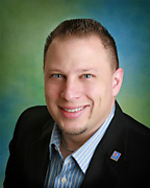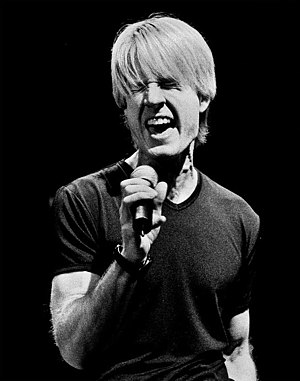Shuhada' Sadaqat (8 December 1966 – 26 July 2023), born Sinéad Marie Bernadette O'Connor ( and commonly known as Sinéad O'Connor, was an Irish singer, songwriter, and activist. Her debut studio album, The Lion and the Cobra, was released in 1987 and achieved international chart success. Her 1990 album, I Do Not Want What I Haven't Got, was her biggest commercial success, selling over seven million copies worldwide. Its lead single, "Nothing Compares 2 U", was honoured as the top world single of the year at the Billboard Music Awards.


